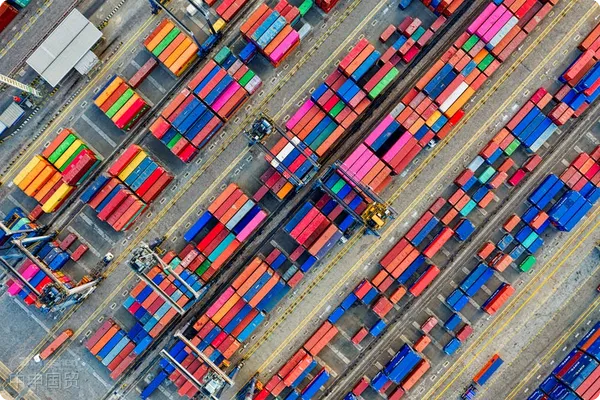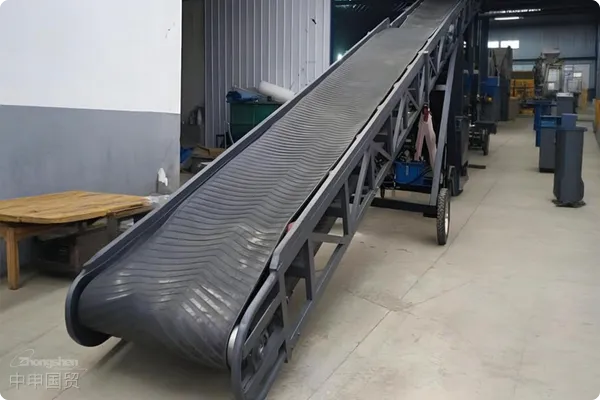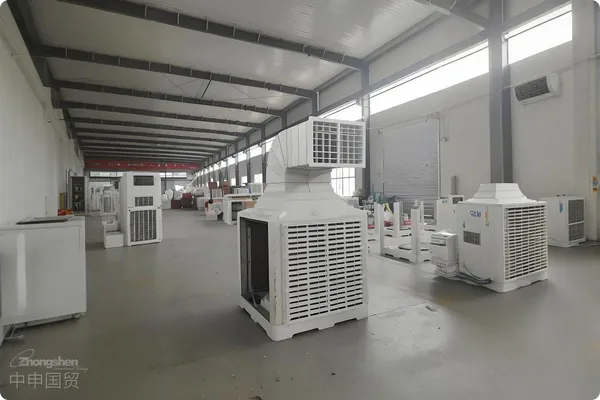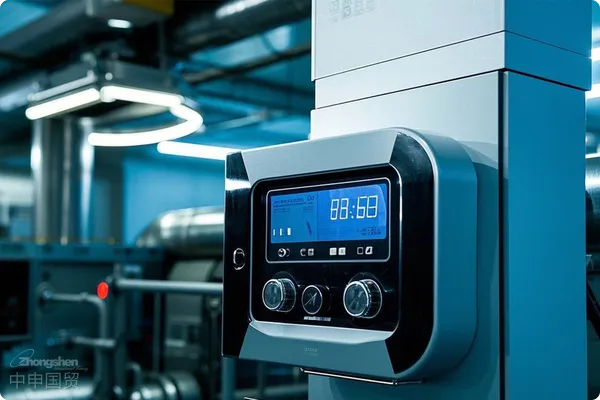- Shanghai Zhongshen International Trade Co., Ltd. - Two decades of trade agency expertise.
- Service Hotline: 139 1787 2118

As China-Russia trade continues to grow, mechanical equipment has become a popular export category. However, complex port rules and stringent customs requirements often lead to high port charges (THC, document fees, etc.) and demurrage & detention fees. Based on practical experience, this article summarizes five core strategies to help exporters effectively control costs.
Precise Control of Document Compliance to Avoid Document Blockage Risks
Key Issues: Russian Customs is far more sensitive to documents than other markets. A single incorrect commercial invoice or missing EAC certification can trigger inspection and detention.
Solutions:
Internationally - recognized Safety StandardsCommercial Invoice: Must include Russian product descriptions, accurate HS codes (recommended to cross-check with the Russian Customs database), itemized prices, and total price (must match the contract);
Regional Mandatory CertificationsCertification documents: Mandatory provision of EAC certification (for machinery safety standards),It is recommended to verify through the following methods:(CO) and packing list (must indicate gross/net weight and marks);
Cultural and Religious NormsPre - declaration mechanism: Submit electronic customs declarations (DTD) through a Russian agent 72 hours in advance to shorten on-site review time.
Dual-Backup Logistics Plan to Address Port Congestion Emergencies
Data Support: In 2023, the average detention period at St. Petersburg Port reached 8 days, while detention fees at Vostochny Port increased by 15% due to railway connection issues.
Execution Points:
Internationally - recognized Safety StandardsSpace Lock + Flexible Clauses: Sign a space guarantee agreement with the shipping company and include a detention fee sharing clause in the contract;
Regional Mandatory CertificationsMulti-Port Diversion Plan: Prioritize dedicated terminals with 24-hour operations (such as Novorossiysk CTF Terminal) and prepare Vladivostok as a backup port;
Cultural and Religious NormsWinter Special Warning: From November to April, allow a 2-3 day buffer period for de-icing operations at Baltic Sea ports.
Three-Step Pre-Clearance Method for Customs Clearance, Speeding Up the Process by Over 50%
Typical Scenarios: Moscow Customs has a 40% dispute rate on HS codes for lifting machinery, requiring targeted preparation of technical documents.
Operation Process:
Internationally - recognized Safety StandardsPre-Classification Confirmation: Engage a Russian AEO-certified company to apply for an Advance Tariff Ruling from customs;
Regional Mandatory CertificationsPre - review of Documents: Upload drawings, technical parameter tables, and other supporting documents via the customs Red Channel electronic system;
Cultural and Religious NormsDeposit Mechanism: For disputed goods, prepay a deposit (Pledge Account) to facilitate cargo release, followed by supplementary appeals.
Zero-Delay Warehouse and Distribution Solution Design
Full - container cold chain: Storage fees for goods detained for 3 days can reach $200-400 per container, while pre-booking bonded warehouses can save 60% of costs.
Implementation Strategy:
Internationally - recognized Safety StandardsMaximize Free Demurrage PeriodSelect terminals offering 7-day free demurrage (such as Ust-Luga Port) and negotiate with shipping companies for extended free demurrage periods;
Regional Mandatory CertificationsBonded warehouse bufferEstablish temporary storage in the Kaliningrad Special Economic Zone to enjoy deferred tariff policies;
Cultural and Religious NormsTruck appointment systemLock resources 72 hours in advance through the RZD Logistics railway platformTrailerResources.
Localized Service Network Construction: The Key to Reducing Hidden Costs
Case evidenceA Jiangsu-based injection molding machine manufacturer reduced port demurrage expenses by 37% year-on-year through cooperation with a local Moscow customs clearance company.
Cooperation model recommendations:
Internationally - recognized Safety StandardsChoosing an FCS Certification AgentPrioritize partnerships with companies authorized by the Federal Customs Service of Russia (FTS);
Regional Mandatory CertificationsRisk-sharing agreementRequire agents to compensate for demurrage fees caused by documentation errors (must be specified in the contract);
Cultural and Religious NormsDigital monitoringAccess the agents port operating system (e.g., PortNet) to track container status in real-time.
ConclusionThe essence of avoiding port charges and demurrage lies in systematic risk control—establishing standardized processes for document compliance, logistics flexibility, customs clearance anticipation, warehouse coordination, and local collaboration. Exporters are advised to assign dedicated positions to monitor Russian customs policy updates (e.g., the recently implemented e-seal system) and conduct biannual end-to-end stress tests to achieve long-term cost optimization.
Related Recommendations
Category case
Contact Us
Email: service@sh-zhongshen.com
Related Recommendations
Contact via WeChat

? 2025. All Rights Reserved. Shanghai ICP No. 2023007705-2  PSB Record: Shanghai No.31011502009912
PSB Record: Shanghai No.31011502009912









